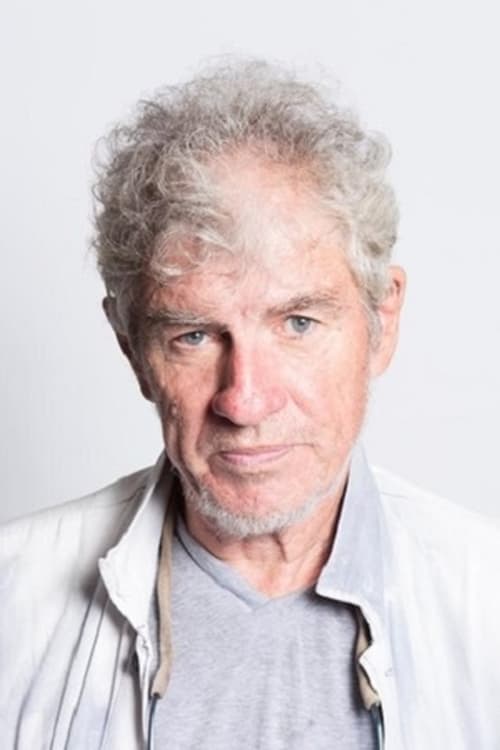Orientations: Chris Doyle - Stirred But Not Shaken (2001)
ジャンル : ドキュメンタリー
上映時間 : 52分
演出 : Rick Farquharson
シノプシス
The life and work of Chris Doyle, the acclaimed Australian cinematographer who found regular work as the collaborator of maverick Hong Kong auteur Wong Kar-Wai.

110 of the world's top cinematographers discuss the art of how and why films look the way they do.
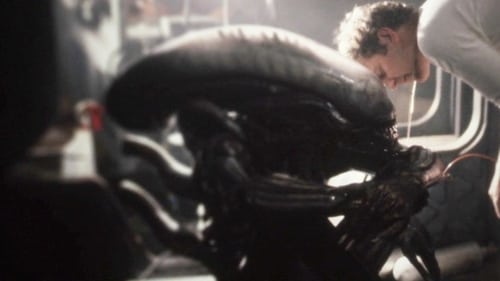
The untold origin story behind Ridley Scott's Alien - rooted in Greek and Egyptian mythologies, underground comics, the art of Francis Bacon, and the dark visions of Dan O'Bannon and H.R. Giger. A contemplation on the symbiotic collaborative process of movie-making, the power of myth, and our collective unconscious.
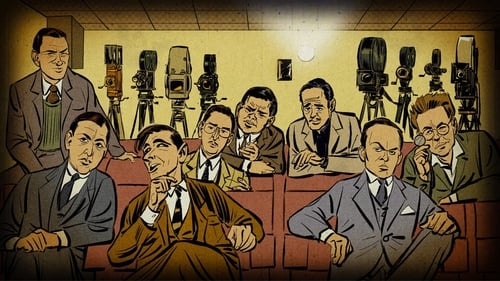
Documentary following the history of America's first cinematographers.
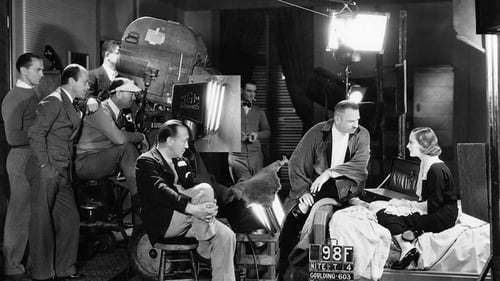
Cameramen and women discuss the craft and art of cinematography and of the "DP" (the director of photography), illustrating their points with clips from 100 films, from Birth of a Nation to Do the Right Thing. Themes: the DP tells people where to look; changes in movies (the arrival of sound, color, and wide screens) required creative responses from DPs; and, these artisans constantly invent new equipment and try new things, with wonderful results. The narration takes us through the identifiable studio styles of the 30s, the emergence of noir, the New York look, and the impact of Europeans. Citizen Kane, The Conformist, and Gordon Willis get special attention.
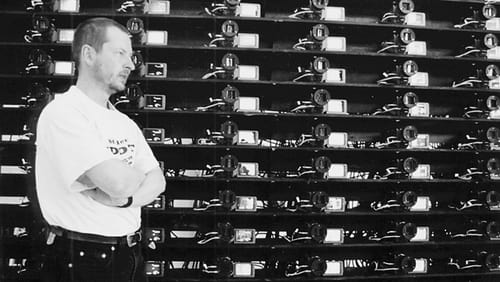
Although at first sight this might look like a simple ‘making of DANCER IN THE DARK’, the later developments in the film reveal the whole drama of Lars von Trier’s inner life during the shooting process. All his doubts and insecurities in collaborating with the crew and actors - especially actresses - are exposed. The biggest drama started when Björk walked off the set. Nobody knew whether she would be back or not. Admitting that he feels threatened by women, who can ‘make him feel embarrassed’, the director gives this documentary the nature of a personal diary. When he discusses the importance, purpose and beauty of the use of a hundred cameras in a certain sequence or the meaning of the Dogma 95 rules, the audience is witnessing the process of the artist’s search. Is the pain that the director went through during the shooting really visible in the final result, as Lars von Trier claims in this film? (from: http://www.idfa.nl/)
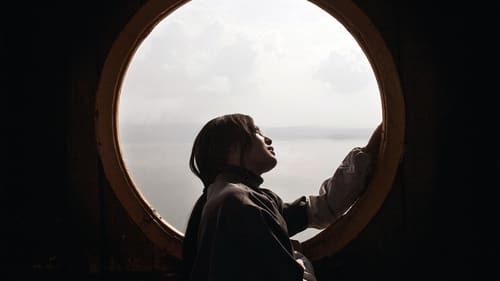
Mysterious, sublime and elegiac, director Yang Chao’s odyssey blends breathtaking images with fantasy, poetry and history to create a complex magical universe. From the Shanghai metropolis to the snow-capped Tibet mountain, Gao Chun steers his cargo up the Yangtze, a river that has nurtured a centuries-old civilization. He comes across An Lu, a beautiful woman who appears in a different identity at every port recorded by a poetry book. Longing for her company, he realizes she gradually turns younger as he journeys upstream. He starts to wonder whether An Lu is supernatural or he is traveling not only in space but also in time. After passing a pagoda that reverberates Buddha’s voice, a flooded town reappeared elsewhere, the grandiose Three Gorges Dam and many other places where lives have been transformed, he finally arrives at the start of the Yangtze, where he unveils the secret of his past and An Lu.

What began as a video master class evolved into a film about the political documentaries of Oscar-winning cinematographer Haskell Wexler. Comprised of footage from his films as well as interviews, the film is an intimate portrait of the genius behind the camera.

Documentary about the making of Ordet, from the perspective of cinematographer Henning Bendtsen.

Jeff Wall is one of the most important and influential photographers working today. His work played a key role in establishing photography as a contemporary art form.

Iceland's first non-narrative full-feature film's focus is set on presenting Iceland in a way it has never been presented before, using various elements of high-end cinematography. There are places everyone knows, but there are also thousands of well hidden places. To find these locations one has to be adventurous or a local, and to capture them right, one has to be creative and extremely patient.

Like a lone cowboy, Sergei passionately devotes his life to traditional horse breeding in the impenetrable Arctic Sakha; permafrost and the absence of roads, electricity and channels of communication mean that there is nobody else to rely on but oneself. Sergei is sensitive and introspective; he truly cares about his family, community and treats nature with the utmost respect. He loves the independence and freedom this life brings, despite the immense sacrifices that it necessitates, such as total isolation and being a stranger to his own children. Spectacular camerawork characterizes the Sakha horses in all their magnificence, and juxtaposes the post-soviet towns and the boundless taiga landscapes, where the cold bites through the screen.


The life of Donald M. Morgan, one of Hollywood’s most prolific artists, is a unique, rags-to-riches story about a man who’s had a life-changing effect on the people around him, both personally and professionally. By sharing stories of his lengthy career, working with filmmakers like Robert Zemeckis, John Carpenter and Joseph Sargent, Morgan recounts pivotal moments in the art of filmmaking for over four decades, through interviews with fellow greats Owen Roizman (The Exorcist) and Jack N. Green (Unforgiven). But at the heart of the film is an emotional journey along the road to recovery in an industry that is ripe with dysfunction and addiction. Inspiring, heartbreaking, and funny, “Cinematographer” shares the story of one of the film industry's finest human beings.

A couple lives a troubled time in their relationship and decide to bet their future on a soccer match

A bored newspaper editor tries to make life more interesting through the brief human connection he finds at speed dating.

A teenager decides to shut himself off from the world around him after receiving bad news.
